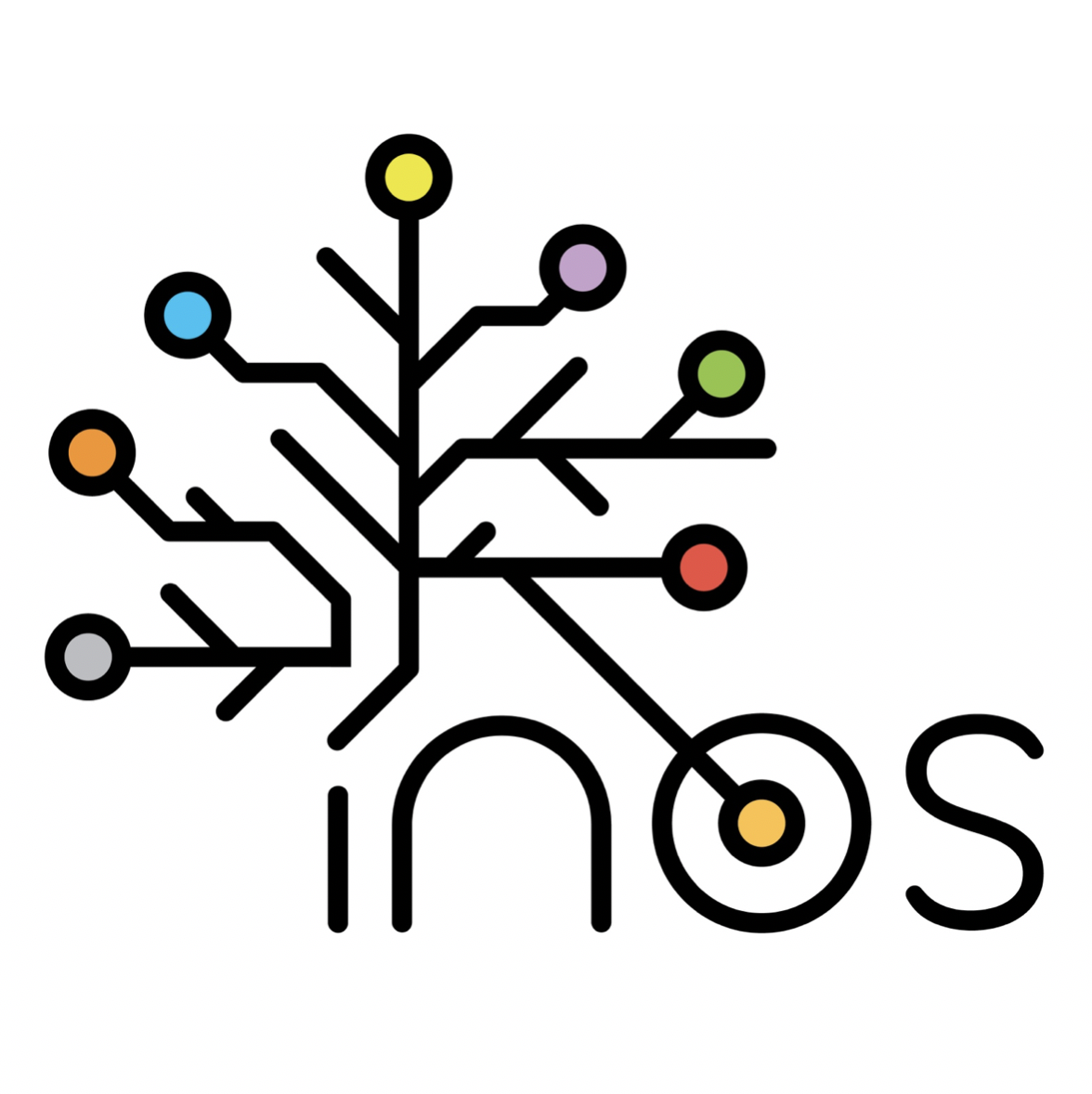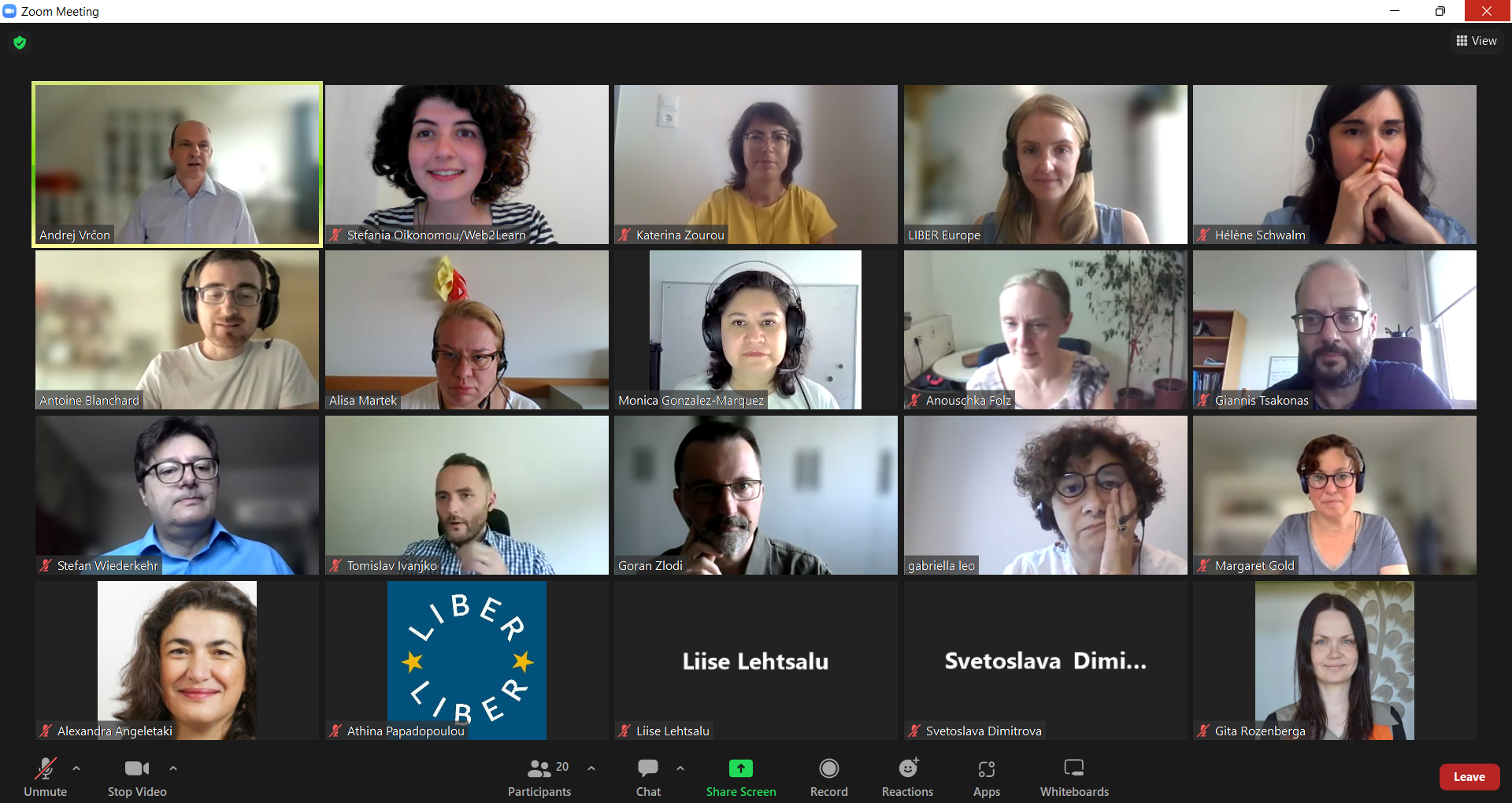
28 Jun Stakeholder Consultation Workshop – Strategies for cultural and policy change
As the INOS project enters its final months, we turn our attention to the final outputs and recommendations that the project will present, to fulfil its priorities of working towards the integration of Open and Citizen Science in Higher Education learning approaches. One such output is the final Vision and Policy Recommendations report, which aims to: a) potentially be adopted by HEIs, and b) encourage policy change by raising awareness on the societal impact of Open and Citizen Science.
In preparation for this report, project partners LIBER organised a Stakeholder Consultation Workshop, to gain the expert feedback of practitioners and policymakers in the field of Open and Citizen Science. The event took place online on Friday 24th June, and we were joined by 19 specially invited participants who debated and discussed how best to facilitate the integration of OS/CS into Higher Education curricula.
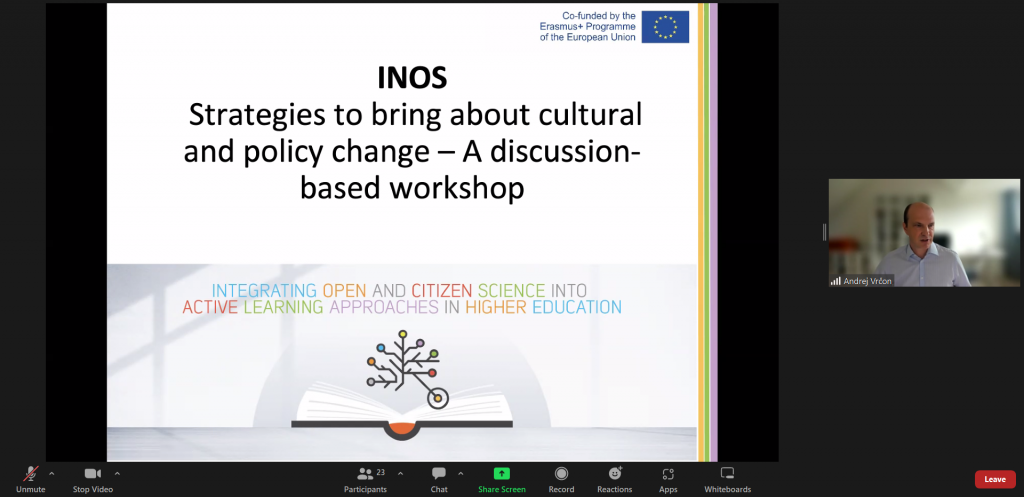
What was discussed?
The workshop began with three talks, designed to set the scene and provoke inspiration for the following discussion. Katerina Zourou (Web2Learn) presented the INOS project, its structure, goals and the work done so far. Rosie Allison (LIBER Europe) followed with an explanation of two INOS reports:
1) Co-creating a Shared Vision for Citizen Science in Higher Education: Pitfalls and Recommendations.
2) Roadmap for Capacity Building on OS and CS for HEI Library Staff
These reports acted as a starting point for the stakeholder discussion, as they represent the current recommendations coming out of the INOS project for cultural and policy change, as formulated with a wider range of stakeholders during a series of workshops.
Finally, Margaret Gold (Coordinator of the Citizen Science Lab at Leiden University) gave context to eh discussion by discussing the work of the Leiden Citizen Science Lab, which is leading the way in processes to engage society in scientific research at her institution.
View the speakers’ slides on our Zenodo depository, here.
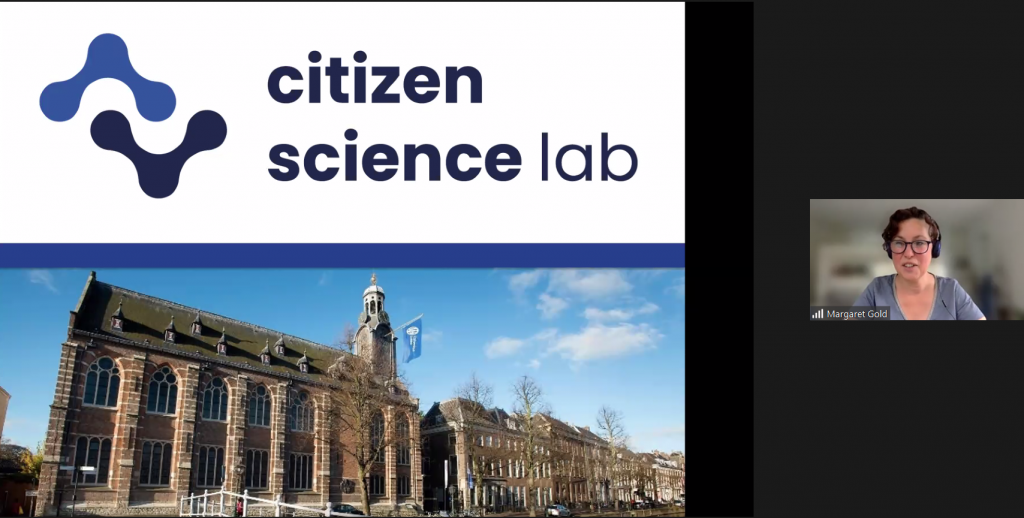
Participants were then split into three breakout groups, to discuss and debate the following topics:
- Societal benefits of Open and Citizen Science integration in HE
- Resources to support capacity building on Open Science/Citizen Science in HEIs
- Targeted Open Science communication to foster capacity building
- Implementation of structured capacity building (Open and Citizen Science training)
- Systematic change and advocacy for Open and Citizen Science
In a final plenary session, moderated by guest moderator Stefania Oikonomou, participants came together to share their ideas.
Download here a factsheet summarising the INOS outputs that acted as a building block for the stakeholder consultation discussion.
What conclusions were formed?
A full Report on Stakeholder Consultation will be released in the coming months, giving a detailed overview of the points of discussion during the workshop. This will be followed by a Vision and Policy recommendations document which will use the outputs of the workshop to draft some recommendations for cultural and policy change.
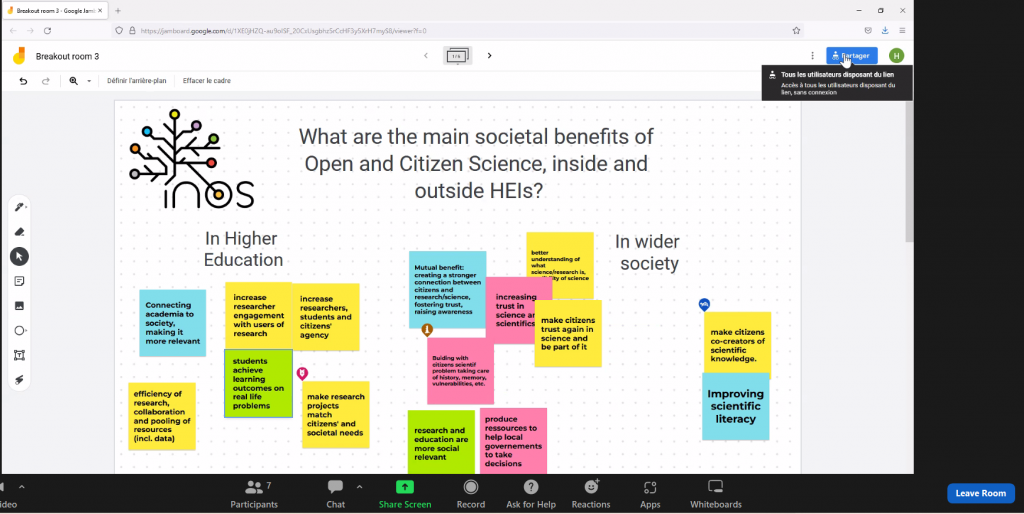
Some preliminary conclusions and recommendations for the integration of Open and Citizen Science into Higher Education learning approaches from the workshop were as follows:
- Societal benefits of Open and Citizen Science integration in HE
- Involving citizens in the scientific process increases trust not only in the researchers but in the science itself. Drives commitment to science technology and innovation
- Helps to create knowledge that is accessible to all, not only experts.
- Using Citizen Science in research approaches increases the capacity for change as science is backed up by real societal needs.
- Resources to support capacity building on Open Science/Citizen Science in HEIs
- Open Science should be made a strategic priority by management
- The lack of labour capacity to implement OS/CS at HEI needs to be addressed. Specific roles should be created rather than adding to the current workload of already-overstretched researchers/administrators/professors.
- Infrastructure is needed to bridge the cultural gap between stakeholders involved
- There is a need for methodological frameworks to evaluate the impact of OS/CS activities in HEI so that lessons can be learned and knowledge transferred
- Targeted Open Science communication to foster capacity building
- Communication experts are needed to correctly communicate the benefits of OS/CS to different stakeholders. The current HE structure often asks non-experts to take on this role.
- Sharing of benefits through external events with other institutions such as public libraries, NGOs, schools and government agencies.
- Training programmes to explain the what, why and how of scientific research and the benefits of citizen involvement
- Implementation of structured capacity building (Open and Citizen Science training)
- Lifelong learning programmes outside of the university community should be created, starting from high school pupils and extending to all interested citizens. Libraries have a crucial role to play here.
- Correct incentives should be given to students who take courses regarding the implementation of Open Science approaches (ECTS point)
- Teaching methods on Open and Citizen Science should be evaluated to check for effectiveness – tested and evidenced pedagogical processes should be used to implement any training programmes created.
- Systematic change and advocacy for Open and Citizen Science
- Change in the evaluation of research integrity – focus more on open principles rather than metrics such as Impact Factor
- Reward and promote engagement in Open and Citizen Science activities for researchers and students
- Advocate on all levels – also ministerial levels. EU funding strategies should be more focused on OS/CS projects
- The rigid structure of HEI needs to be reformed to become open to societal involvement e.g. creation of new specialised roles for the implementation of Open Science activities.
Keep an eye on our Twitter, Facebook and the INOS website for news of the upcoming reports, as well as our final event which will be held in person in the Netherlands.
For more information, contact rosie.allison@libereurope.org
